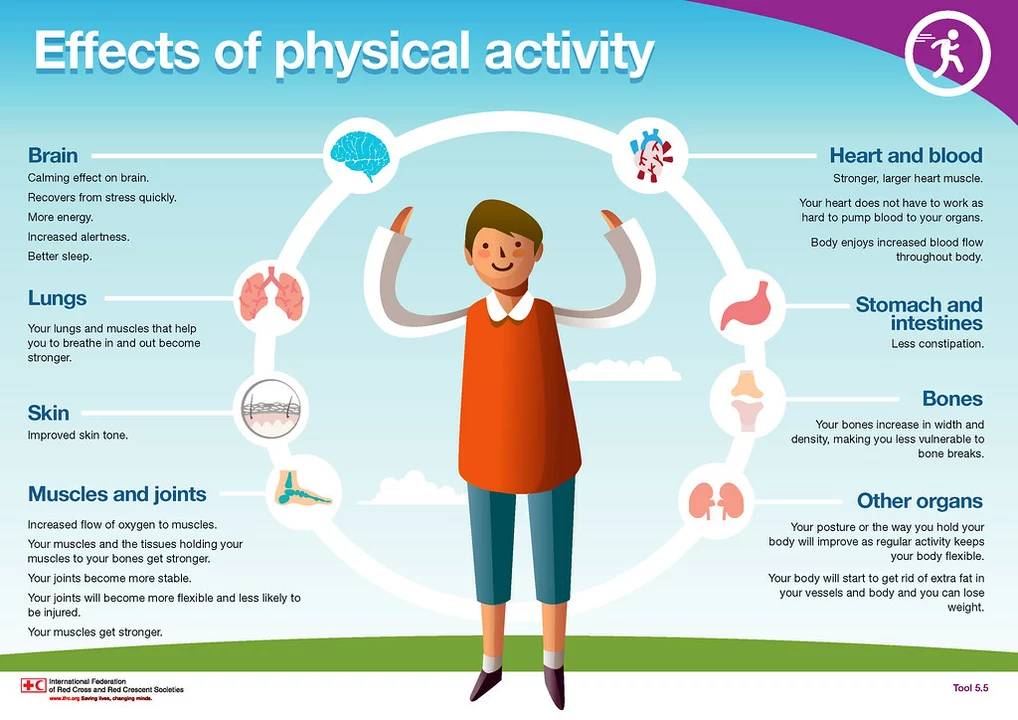Inflammation Reduction: Simple, Practical Steps
Feeling stiff, puffy, or achy more than you'd like? Chronic inflammation often shows up as joint pain, persistent tiredness, or belly bloating. You don't need to overhaul your life overnight — small, focused changes make a real difference. Below are clear, usable steps you can try this week.
Diet and daily habits that lower inflammation
Food affects inflammation fast. Swap processed carbs and sugary drinks for colorful vegetables, fatty fish (salmon, mackerel), nuts, and olive oil. Aim for whole grains, beans, and at least two servings of oily fish per week. Simple swap: trade a soda for green tea or sparkling water with lemon.
Move more, sit less. Light daily movement — 30 minutes of walking or cycling — lowers inflammatory markers over time. Sleep matters too: aim for consistent 7–8 hour nights. Poor sleep spikes stress hormones and feeds inflammation.
Quit or cut back on smoking and heavy alcohol use. Both raise inflammation and slow recovery. If weight is an issue, losing even 5% of body weight can reduce inflammation and relieve joint stress.
Supplements, medicines, and when to see a doctor
Some supplements can help but don’t replace good diet and sleep. Omega-3 fish oil, turmeric (curcumin) with black pepper for absorption, and probiotics for gut health have evidence for reducing low-grade inflammation. Look for standard-dose products and talk to your doctor before combining them with prescriptions.
If you’re on or thinking about steroids, there are other options worth discussing. Our site has a practical guide called “7 Alternatives in 2025 to Dexamethasone” that compares common steroid choices for different problems. For short-term flare-ups, NSAIDs (ibuprofen, naproxen) work well, but use them only as directed — long-term use raises risks for stomach, kidney, and heart issues.
Herbal supplements like graviola (soursop), tansy, and certain rhododendron extracts appear in alternative-medicine circles for their anti-inflammatory compounds. They may help some people but quality and safety vary. Read product labels, choose reputable brands, and check for interactions with other meds.
Don’t ignore red flags: high fever with severe pain, sudden swelling, shortness of breath, unexplained weight loss, or symptoms that get rapidly worse need prompt medical attention. For chronic inflammatory conditions (autoimmune disease, inflammatory bowel disease, long-term joint pain), specialist care and lab tests matter — self-treatment isn’t enough.
Want to read specific guides? We’ve reviewed natural supplements and drug alternatives on the site — search for articles like “Graviola Benefits,” “7 Alternatives in 2025 to Dexamethasone,” and “Top 10 Effective Alternatives to Amoxil” for context on options and safety. Start with one or two changes this week: tweak your meals, add a daily walk, and check sleep. Those steps alone often bring measurable relief in a few weeks.

